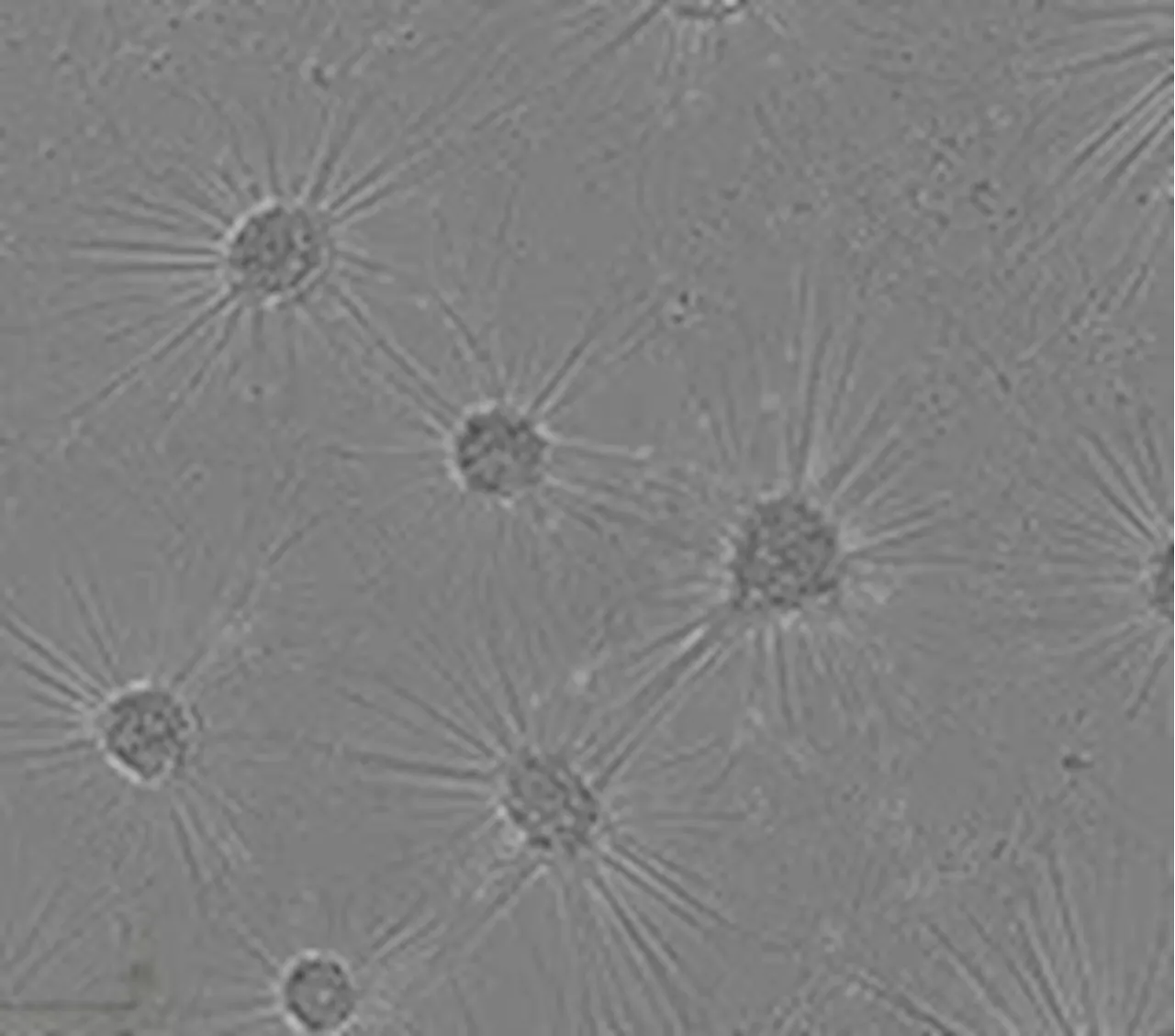axoCells™ motor neurons are derived from human induced pluripotent stem cells (iPSCs) and specifically designed for robust in vitro neuromuscular disease modeling with accelerated maturation and key marker expression.
Motor neurons innervate muscle cells to control various voluntary and involuntary movements. The progressive degeneration of motor neurons is the core of neuromuscular disorders, such as ALS. AxoCells Motor Neurons by Axol Bioscience are commonly paired with muscle cells to power sophisticated Immunocytochemistry of day 21 mature axoCells Motor Neurons demonstrating presence of key markers . Images captured on a Leica microscope x20 magnification.
Your questions, but not your email details will be shared with OpenAI and retained for 30 days in accordance with their privacy principles.
In Vitro Neuromuscular Disease Modeling
South Africa Latest News, South Africa Headlines
Similar News:You can also read news stories similar to this one that we have collected from other news sources.
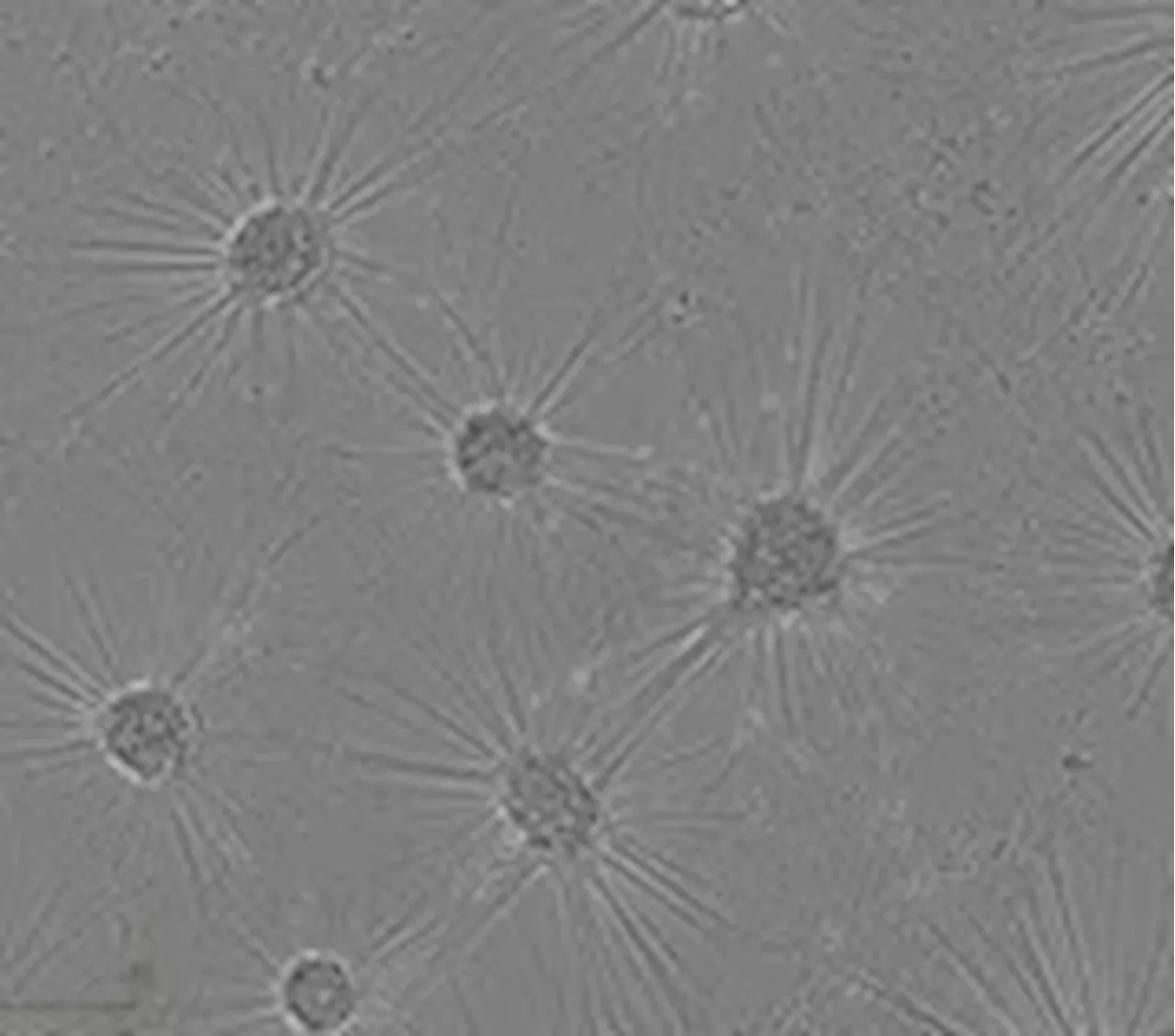 axoCells™ : Functional human iPSC-derived Motor Neurons for drug discovery and researchaxoCells™ motor neurons are derived from human induced pluripotent stem cells (iPSCs) and specifically designed for robust in vitro neuromuscular disease modeling with accelerated maturation and key marker expression.
axoCells™ : Functional human iPSC-derived Motor Neurons for drug discovery and researchaxoCells™ motor neurons are derived from human induced pluripotent stem cells (iPSCs) and specifically designed for robust in vitro neuromuscular disease modeling with accelerated maturation and key marker expression.
Read more »
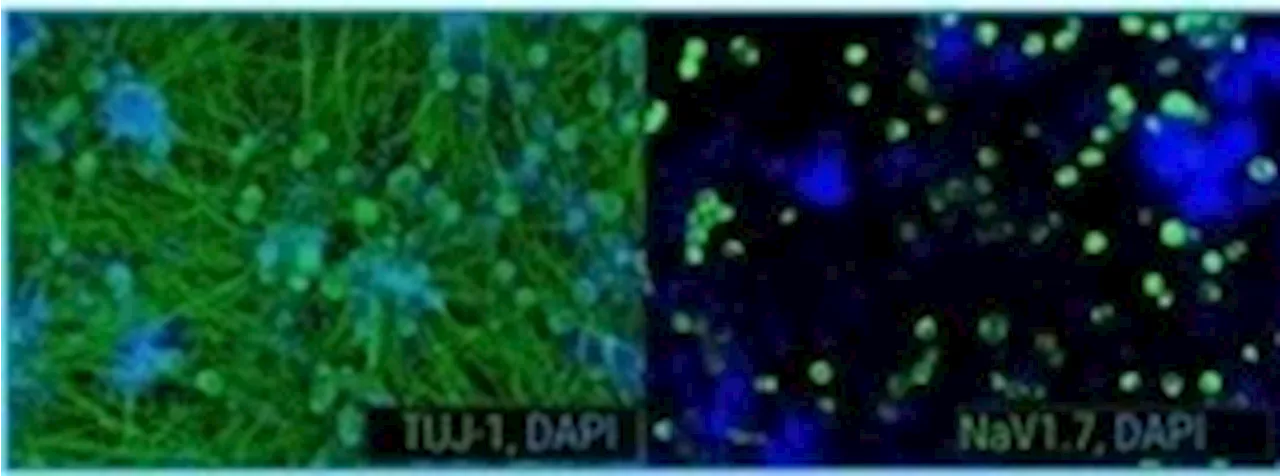 axoCells™ : Functional human iPSC-derived Sensory Neurons for drug discovery and researchaxoCells™ sensory neurons are designed to enhance in vitro pain modeling, specifically tailored for advanced applications in neurological microfluidics systems, nociception modeling, and the assessment of analgesic drug targets.
axoCells™ : Functional human iPSC-derived Sensory Neurons for drug discovery and researchaxoCells™ sensory neurons are designed to enhance in vitro pain modeling, specifically tailored for advanced applications in neurological microfluidics systems, nociception modeling, and the assessment of analgesic drug targets.
Read more »
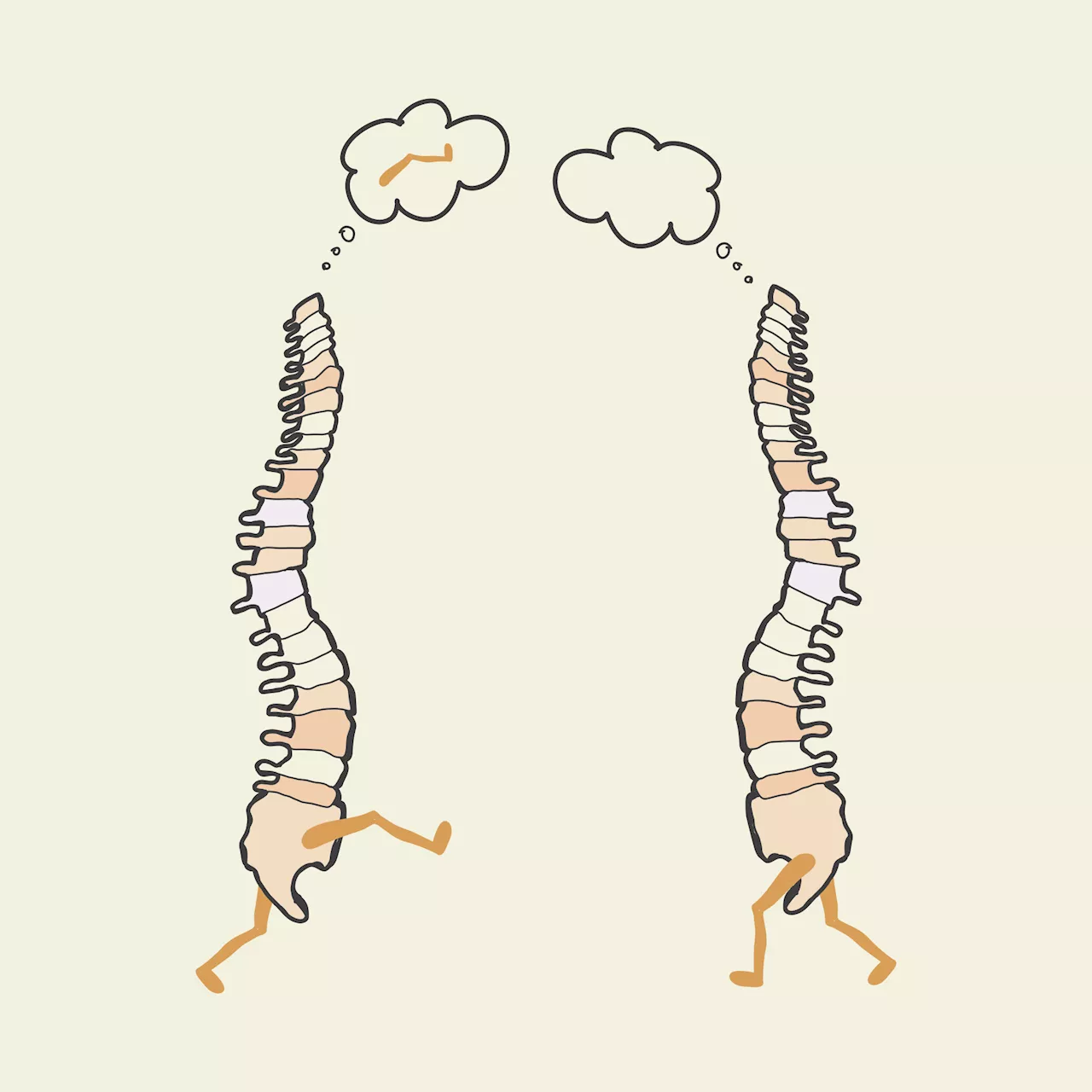 Scientists Discover Groups of Spinal Cord Neurons Enabling Brain-Independent Motor LearningScientists have identified groups of spinal cord neurons that allow for motor learning without the involvement of the brain. This discovery challenges the conventional understanding of motor learning and opens up new possibilities for therapeutic interventions.
Scientists Discover Groups of Spinal Cord Neurons Enabling Brain-Independent Motor LearningScientists have identified groups of spinal cord neurons that allow for motor learning without the involvement of the brain. This discovery challenges the conventional understanding of motor learning and opens up new possibilities for therapeutic interventions.
Read more »
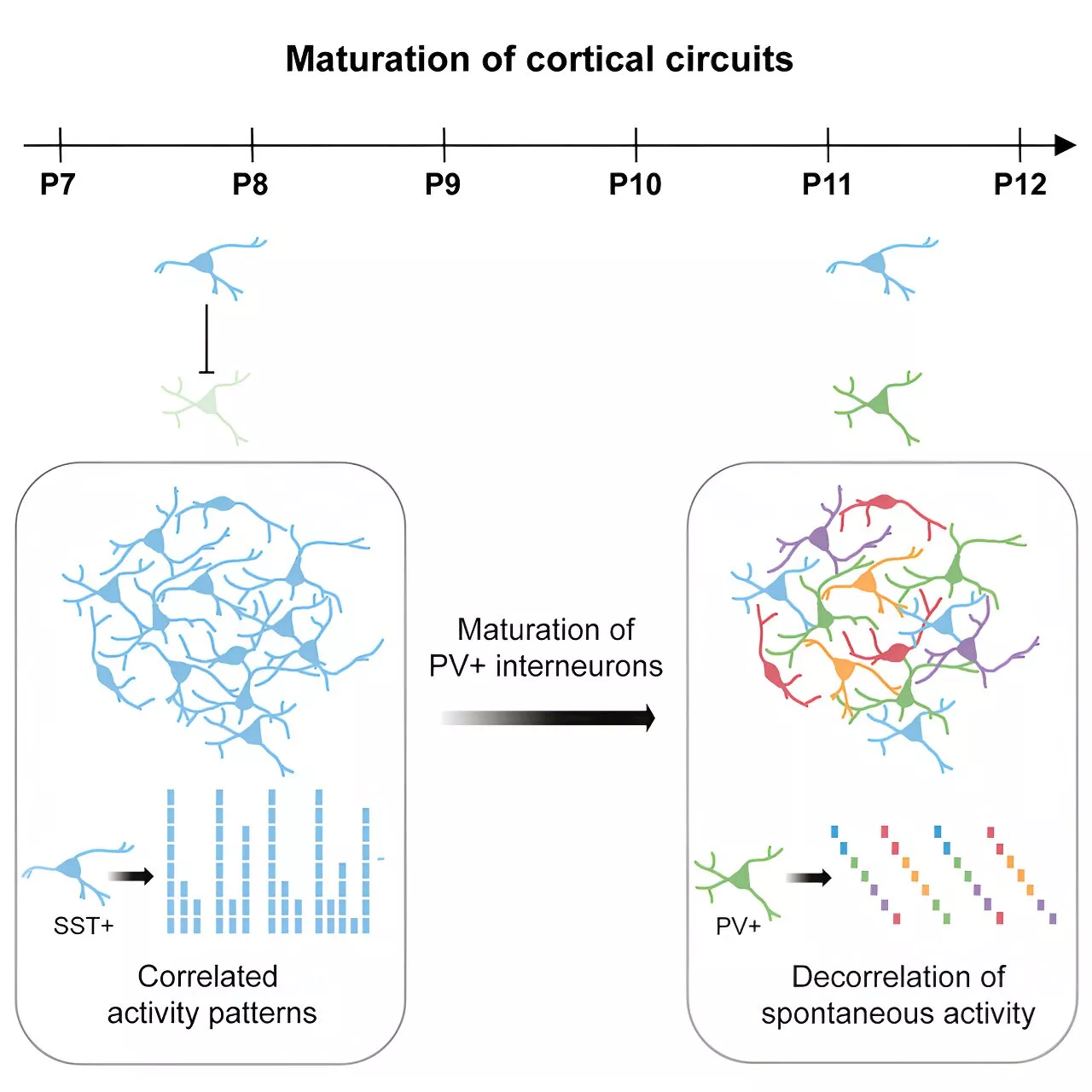 Researchers identify neurons responsible for key activity transition in brain developmentScientists at the Center for Developmental Neurobiology and MRC Center for Neurodevelopmental Disorders published a study titled 'Somatostatin interneurons control the timing of developmental desynchronization in cortical networks' in Neuron that identified two types of interneurons, the inhibitory neurons of the brain, as instructors of a key...
Researchers identify neurons responsible for key activity transition in brain developmentScientists at the Center for Developmental Neurobiology and MRC Center for Neurodevelopmental Disorders published a study titled 'Somatostatin interneurons control the timing of developmental desynchronization in cortical networks' in Neuron that identified two types of interneurons, the inhibitory neurons of the brain, as instructors of a key...
Read more »
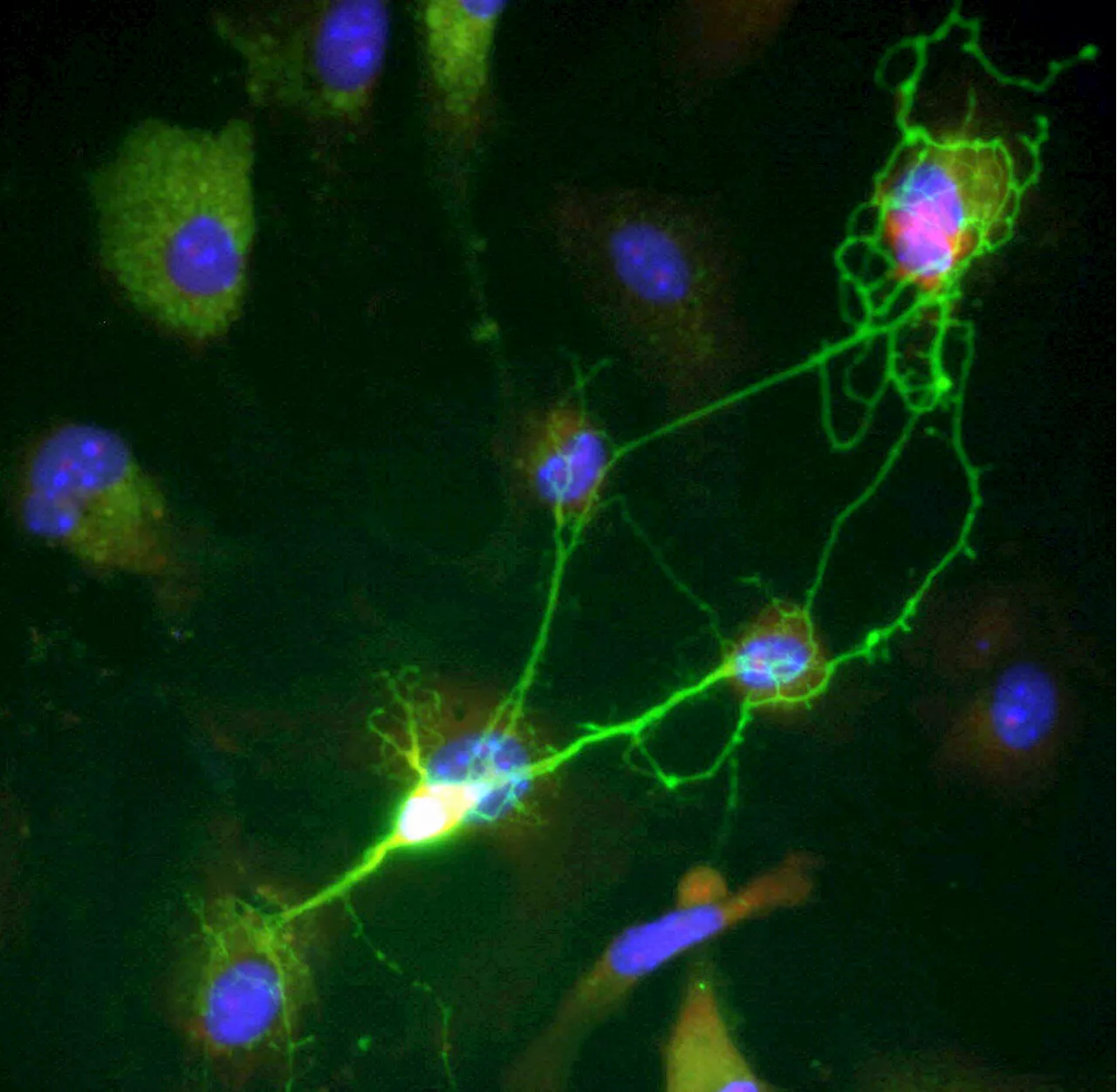 Morphine tolerance found to result from Tiam1-mediated maladaptive plasticity in spinal neuronsMorphine and other opioids are vital to treat severe and chronic pain. However, they have two problems—prolonged use creates morphine tolerance, where ever-increasing doses are needed for the same pain relief, and paradoxically, prolonged use also can create an extreme sensitivity to pain, called hyperalgesia.
Morphine tolerance found to result from Tiam1-mediated maladaptive plasticity in spinal neuronsMorphine and other opioids are vital to treat severe and chronic pain. However, they have two problems—prolonged use creates morphine tolerance, where ever-increasing doses are needed for the same pain relief, and paradoxically, prolonged use also can create an extreme sensitivity to pain, called hyperalgesia.
Read more »
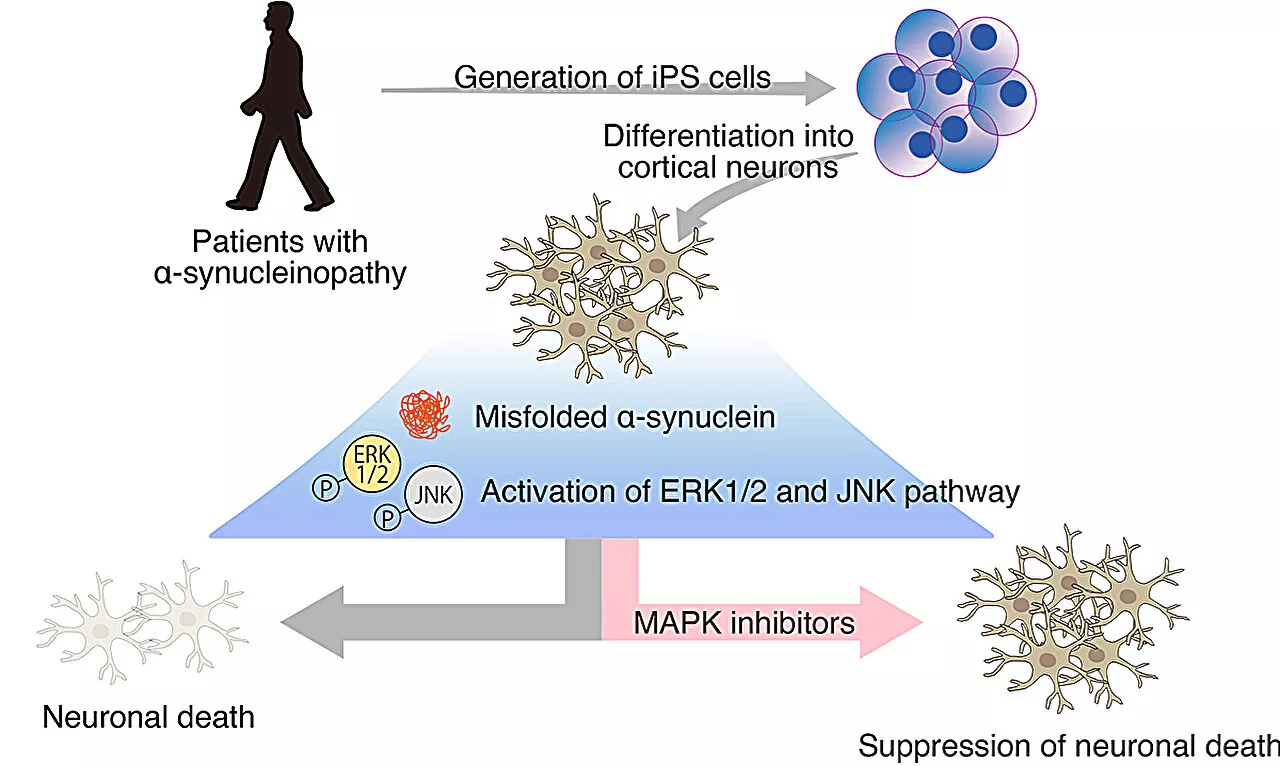 Differentiating cerebral cortical neurons to decipher molecular mechanisms of neurodegenerationA research team led by Professor Haruhisa Inoue (Department of Cell Growth and Differentiation) derived iPS cells (iPSC) from α-synucleinopathy patients with early-onset familial Parkinson's disease (PD) carrying the α-synuclein (SNCA) A53T mutation and differentiated them into cerebral cortical neurons in an attempt to decipher the underlying...
Differentiating cerebral cortical neurons to decipher molecular mechanisms of neurodegenerationA research team led by Professor Haruhisa Inoue (Department of Cell Growth and Differentiation) derived iPS cells (iPSC) from α-synucleinopathy patients with early-onset familial Parkinson's disease (PD) carrying the α-synuclein (SNCA) A53T mutation and differentiated them into cerebral cortical neurons in an attempt to decipher the underlying...
Read more »
